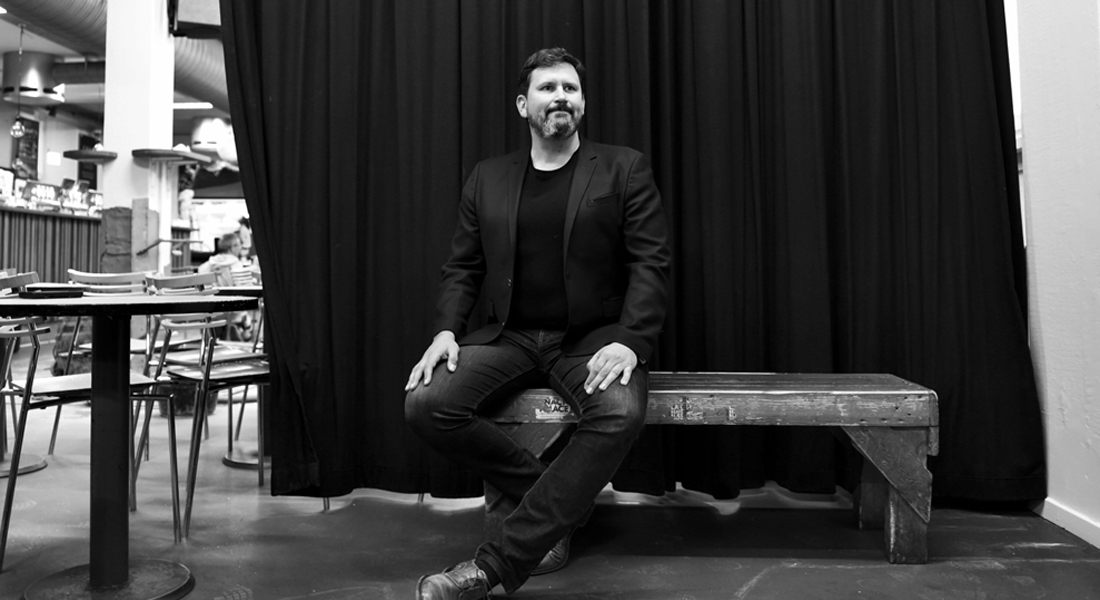Internationalisation outside the classroom
The University of Copenhagen is a big university. Its campuses are spread around town and so are the dorms and student cafés. Studenterhuset is a café and location where students come together across the many subjects and faculties at the University of Copenhagen. It plays an important role in students’ well-being and their social lives outside of the classroom.
Jacob Ørum is the Director of Studenterhuset in Copenhagen. We asked him a few questions about their work with both international and local students.
“We need to understand that international students are in a temporary situation. They have more time, they want to create new networks and to experience the city and country in which they are studying. This is not the case for local students, who might be busy with all kinds of things.”
Jacob Ørum and his colleagues at Studenterhuset have been working on how to help make relations between international and local students equal. There has been a tendency to put the local student in the role of a mentor and the international student as the mentee. There is nothing wrong with this, but to form meaningful and lasting relations students must see themselves as equals.

A reverse relationship
Studenterhuset discovered that one of the ways in which you can flip the mentor/mentee relation of the students is to find areas where the international student is the resource. One example of this is Studenterhusets sustainability project, Actory. It turned out to be the international students who had a lot of knowledge about sustainability. This turned them into a resource for the local students, which created a space where the students could form equal relations.
Another example is the annual Super Bowl event. This is something that the local students find very interesting but it’s the American students who run the event.
The well-being of both international and local students
Students’ well-being is a topic that Studenterhuset puts a lot of work into. According to Jacob Ørum, this is actually a subject where the international students can be seen as another type of resource. “Many international students come from universities where mental health and well-being is a big part of the university and their daily lives. Some of them are also very good at talking about these matters. This is a resource that we should take advantage of.”
Studenterhuset’ s primary motivation is to create a space where people can meet: “The university is big and it’s easy to feel lonely; we want to be that place where students can meet each other across study fields, faculties and even universities.”
Reach out
Studenterhuset is closed at the moment due to COVID-19. We asked Jacob Ørum if he had some advice to staff working with international students and their well-being in these trying times.
"The scarcity of information in English is an issue requiring special attention. It sounds simple, but it is easy to forget that most international students are trying to navigate a society where most of the practical information is in Danish. If we can help them with this, we have come a long way," Jacob Ørum replies.
As a last advise, which is pretty straightforward, Jacob Ørum says: “Reach out, show interest and let them know that they are not alone.”
By Simone Hauskov and Alexandra Osorio Brito
Studenterhuset
An independent student organisation affiliated with UCPH. A volunteer board consisting of students manage the house. Studenterhuset develops and organizes activities for the students by the students, both in the cafe and at other locations around the city.
